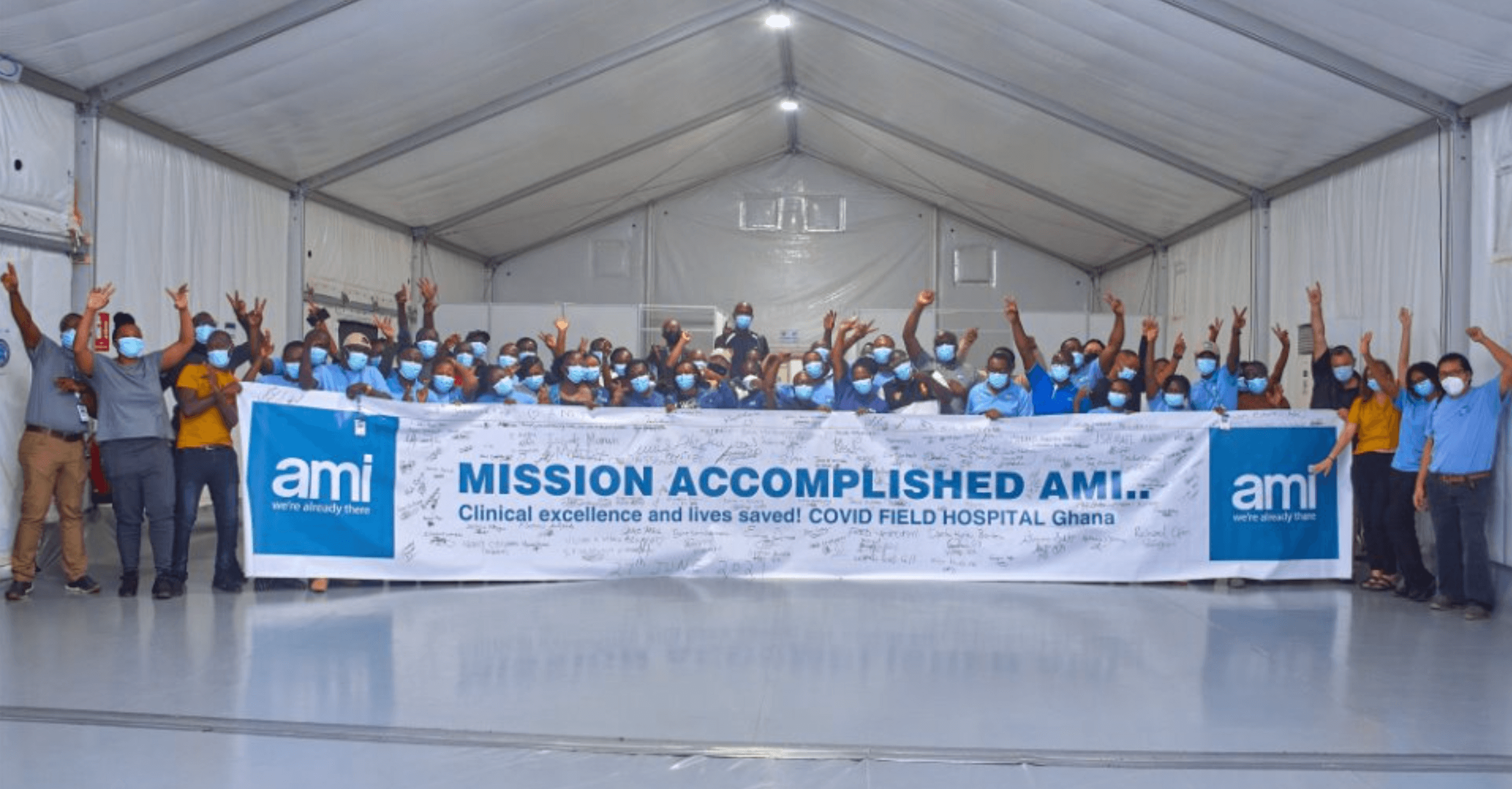About Us
A multi-award-winning healthcare support company
By the Numbers
Health workers deployed in the last 4 years across 5 continents.
8.5M COVID tests administered in the U.S. and 3M COVID Vaccinations.
Provided services to estimated 16% of all migrants legally encountered by DHS/CBP since Oct 2021.
40% increase in patient encounters. Average across all international clinics year-after-year (2022-present).
Our Identity
AMI is a novel healthcare support company. We are physician-owned and led by experienced health and operations professionals. AMI delivers tailored healthcare solutions and services to all levels of government, international organizations, humanitarian aid and the private sector worldwide.

Why Choose AMI?
Agility
We respond or pivot efficiently, assess frequently, and strategically adjust to relevant issues and client needs. Conversely, the company has a proven capacity and capability to handle large-scale challenges, adaptable to any environment.
We Understand Health
From ownership to management and operations, we bring extensive expertise and a deep understanding of healthcare and related sectors.
Extensive Network and Expertise
Our domestic and international network and experience is extensive, covering U.S. government agencies, states, county, and tribal work, as well as international organizations and private partners. AMI has successfully completed projects on 5 continents.
Cost-Effective, Quality Care
Our goal is to be cost-effective for our clients and provide the highest quality care possible. This is our standard, regardless of location or environment.
Customer Focused
Our customers’ and clients’ needs come first. Building relationships and an effective customer-focused strategy are critical for success. As customer needs evolve, we adapt to meet them; however, AMI is also proactive, finding ways to prevent challenges before they occur.
We’re Already There
Our expeditionary DNA, global brand, and ongoing success exemplify our tag line. AMI has a unique portfolio of business lines, experiences, and expertise. When there is a need, assume, AMI is “already there”.